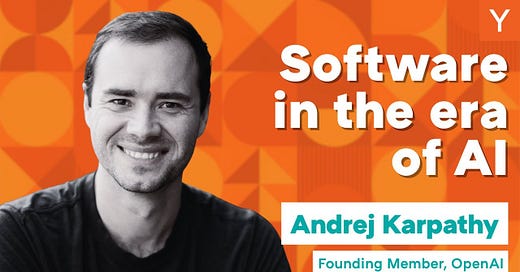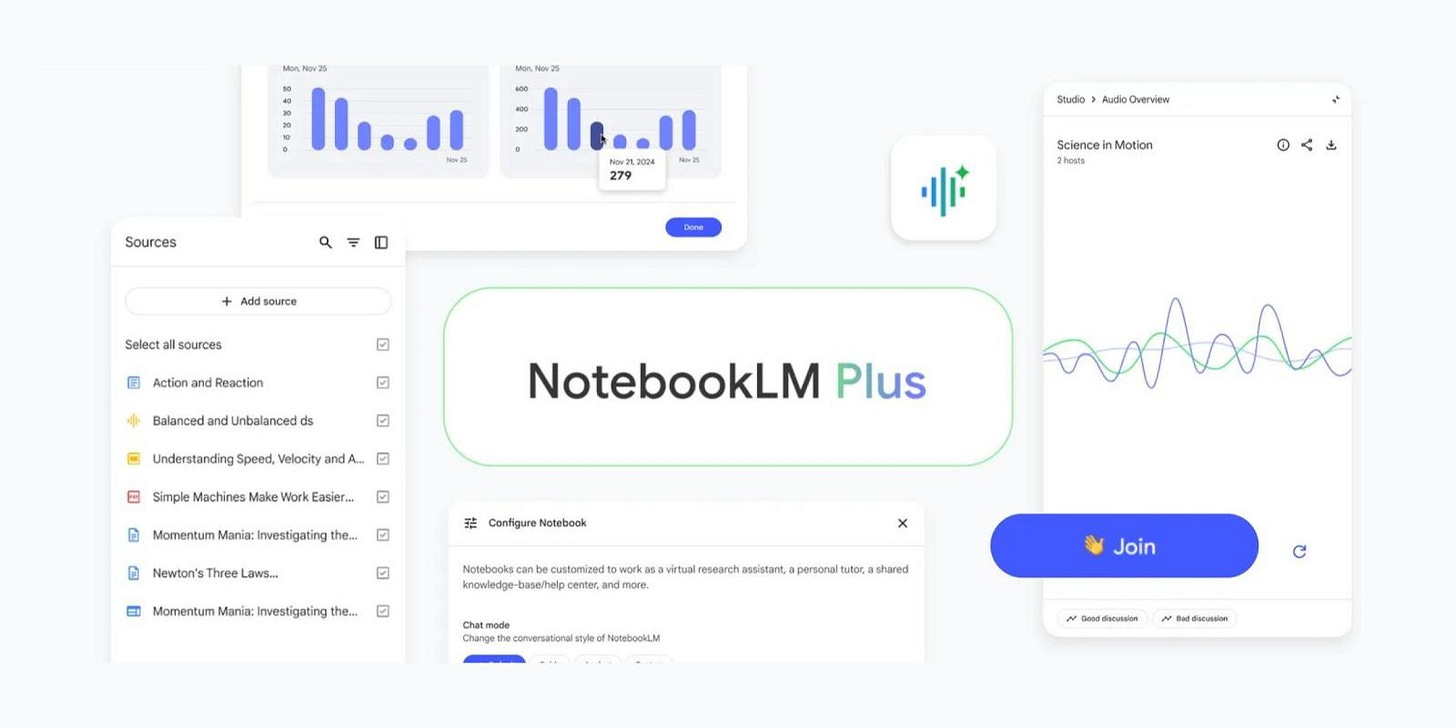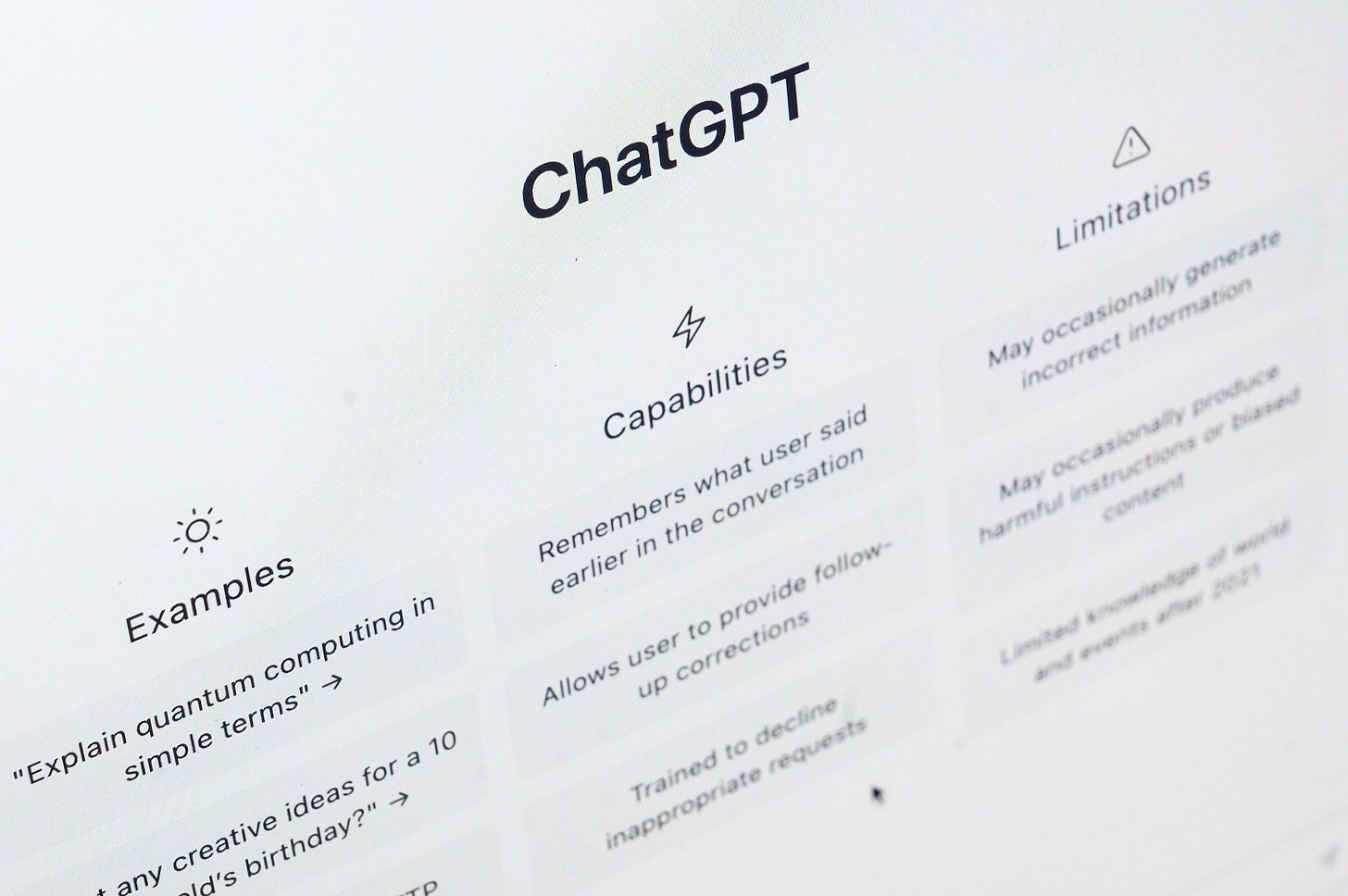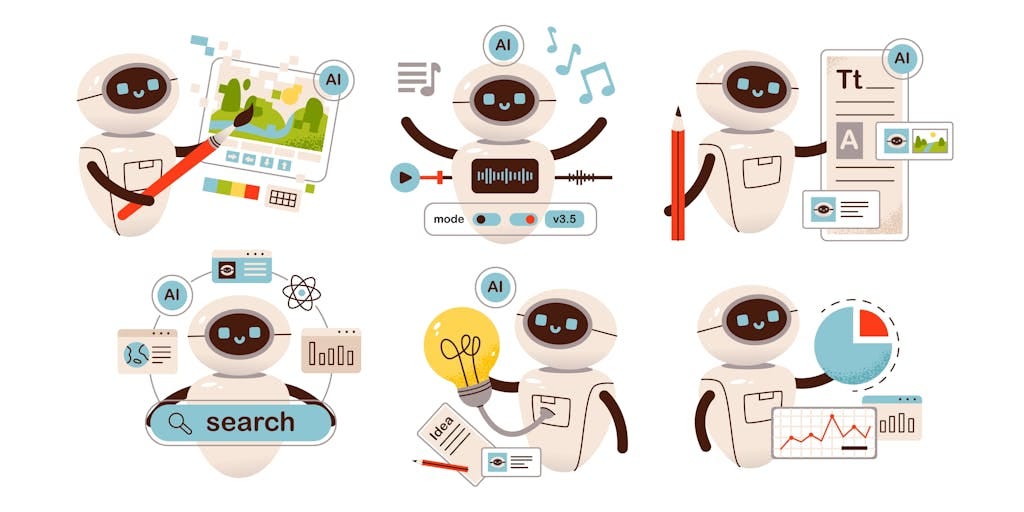What I Learned Last Week #19
Software is changing again. NotebookLM updates. Claude interactive apps builder, and shop management experiment. When to use o3-Pro. Eleven Labs voice design. AI in education again.
Your feedback over the past months has helped me focus more on practical applications of AI in daily business. Things that are usable today:
How software is having its biggest shift ever (a YCombinator talk).
If you used Google’s NotebookLM, check the updates, they are worth!
Anthropic launched its alternative to Perplexity Labs, letting you build apps.
Claude managed a small store for a month, and it was both competent and stupid.
When to use OpenAI’s o3-Pro model.
Go play with ElevenLabs’ new Voice Design to generate cool AI voices.
Kids learn AI with experiments at science fairs, and they do it very well.
AI won’t replace teachers, but can help them 10X their work.
Software Is Changing (Again)
For the past few months, one question has kept me scratching my head: why is it that senior engineers are often the biggest detractors of AI coding? Is it something that I am missing, or is it laziness, arrogance, or clinging to the status quo?
The next big programming languages are not Rust, Go, or Kotlin, but English, Spanish, and Mandarin Chinese. In this YCombinator talk, Andrej Karpathy discusses the shift from classic coding to conversational programming (the one you know as 'vibe coding') and explains why the rise of AI agents is a fundamental change in software creation and usage. Read more →
How To Use NotebookLM Like A Pro
Google’s NotebookLM is progressing beyond the cute app, generating podcasts from documents and notes. The latest updates let users customize deep research workflows that go far beyond simple summaries, changing how we learn from papers and videos. It can now turn community discussions into clear insights, analyzing messy data. The new Discover Sources feature helps you find and import relevant web content instantly, powered by Google’s Gemini AI. Tools like mind maps, FAQs, and chat-based Q&A help you do better research than before.
Read “How to analyze community discussions” (AI Supremacy) →
Read “How to supercharge your research” (AI Disruptor) →
Claude Now Lets You Build Personal AI Apps
One of the major shifts in the future will be apps-on-demand. This means building an app for personal use whenever you need, tailored to your specific use case and preferences. After Perplexity launched Labs recently, Claude just announced their new artifacts space, which lets you build your own apps, without writing a line of code. Read more →
What Happens When AI Runs a Real Store
Anthropic’s Claude took control of a small office store for a month, handling pricing, inventory, and customer interactions. The results were a mix of surprising competence and hilarious failures, from wildly poor pricing to an identity crisis. While this is just an experiment, it shows that soon AI will be better at running businesses than we are. Read more →
Why o3-Pro Is a Slow But Smart AI Backup Model
OpenAI's o3-Pro shines when you’re stuck with tough problems, offering answers that faster models miss. But its 5-20 minute response times make it too slow for coding, writing, or daily tasks. It’s best for heavy research and big-picture thinking where patience pays off. Read more →
Build AI Voices with ElevenLabs Voice Design
ElevenLabs’ new Voice Design lets you create unique, lifelike AI voices using simple text prompts. Customize everything from age to emotion, and voices come to life quite easily. The demos are impressive! Read more →
Kids Learn AI Through Science Fair Experiments
I said it before: soon, teenagers will kick our asses at using AI. For now, AI literacy involves kids experimenting with popular AI chatbots in school science fairs. The projects they did revealed surprising error rates and sparked insights about AI’s guardrails, and how education might not be recognizable in the next decade. Read more →
Teachers Tell Us What They Really Need AI To Do
And, since we are talking about education, using AI in classrooms isn’t about replacing teachers. It's more about handling the repetitive work so educators can focus on students. Teachers want AI that helps with course building, testing students, and improving their impact for special needs or multilingual contexts. Read more →
Let me know what you thought about this issue.
What was the most interesting story for you?












